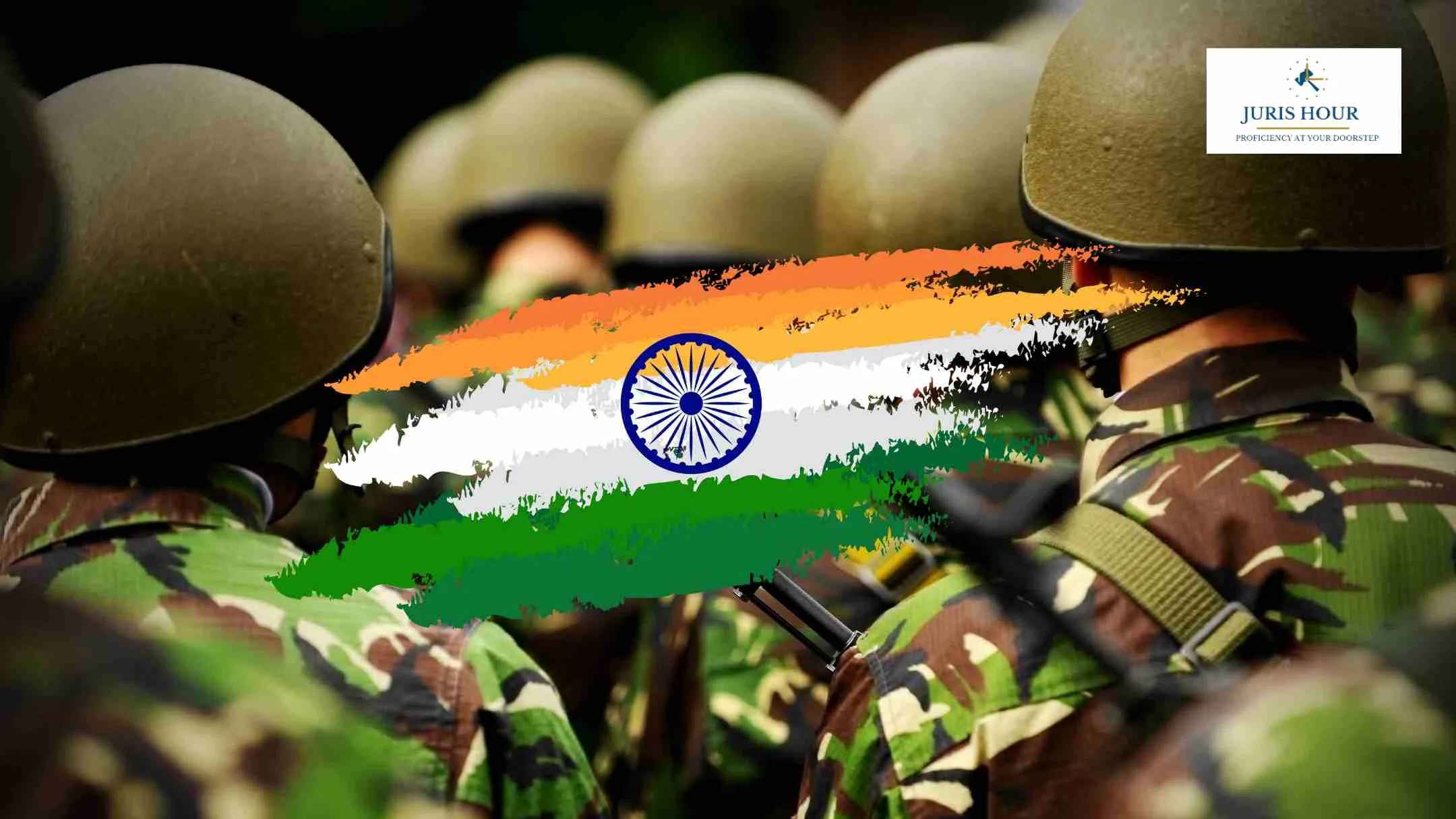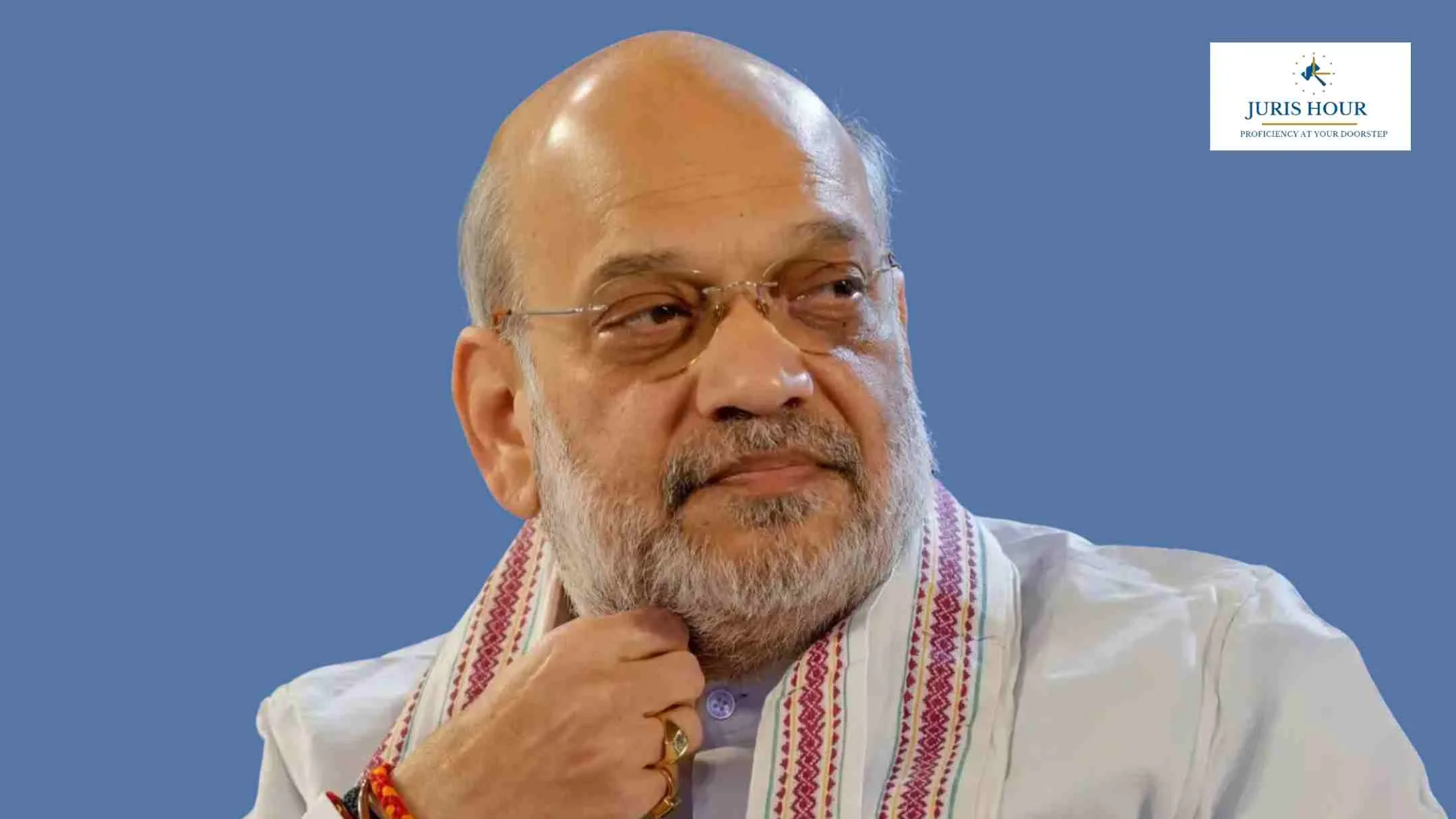India has faced persistent threats from terrorism, both from cross-border infiltrations and internal insurgencies. In response, the nation has developed a multifaceted counter-terrorism strategy encompassing military operations, intelligence gathering, and international diplomacy. This article delves into some of the most significant operations undertaken by India to combat terrorism.
1. Operation Sindoor (2025)
In May 2025, following a devastating terrorist attack in Indian-administered Kashmir that claimed 26 civilian lives, India launched Operation Sindoor. This series of airstrikes targeted nine locations in Pakistan-administered Kashmir and Pakistan’s Punjab province, focusing on terrorist infrastructures of groups like Jaish-e-Mohammed and Lashkar-e-Taiba.The operation reportedly resulted in the death of Abdul Rauf Azhar, a top commander of Jaish-e-Mohammed, linked to several high-profile terror incidents, including the 1999 Indian Airlines Flight IC-814 hijacking and the 2016 Pathankot airbase attack.
India described the strikes as “focused, measured, and non-escalatory,” emphasizing that no Pakistani military facilities were targeted. However, the operation significantly escalated tensions between the two nuclear-armed neighbors, leading to deadly border clashes and international calls for de-escalation.
2. Balakot Airstrike (2019)
In retaliation to the Pulwama attack on February 14, 2019, where a suicide bomber killed 40 Central Reserve Police Force (CRPF) personnel, India conducted airstrikes on February 26, 2019, targeting a Jaish-e-Mohammed training camp in Balakot, Pakistan. India claimed that the strikes eliminated a significant number of terrorists.
This marked the first time since the 1971 war that Indian jets crossed the Line of Control, leading to heightened tensions and an aerial dogfight where an Indian pilot was captured and later released by Pakistan.
3. Operation Hot Pursuit (2015)
On June 9, 2015, in response to an ambush that killed 18 Indian soldiers in Manipur, the Indian Army conducted a cross-border operation into Myanmar, targeting insurgent camps of the National Socialist Council of Nagaland-Khaplang (NSCN-K). The operation, involving 70 commandos, reportedly resulted in the death of 38 insurgents and was completed within 40 minutes.
This operation showcased India’s willingness to carry out cross-border strikes to neutralize threats, setting a precedent for future actions like the Balakot airstrike.
4. Operation Bajrang (1990-1991)
Launched on November 28, 1990, Operation Bajrang aimed to dismantle the United Liberation Front of Asom (ULFA) in Assam. Despite deploying 30,000 troops, the operation faced challenges due to inadequate intelligence and difficult terrain. ULFA militants had vacated their camps prior to the operation, leading to limited success. The operation also faced criticism over alleged human rights violations.
5. Pathankot Airbase Attack (2016)
On January 2, 2016, militants attacked the Indian Air Force base in Pathankot, Punjab. The ensuing gun battle lasted several days, resulting in the deaths of seven security personnel and six attackers. The attack was attributed to Jaish-e-Mohammed, further straining India-Pakistan relations.
6. CRPF Valley Quick Action Team (Valley QAT)
Established in 2011, the CRPF Valley Quick Action Team is a specialized unit operating in urban areas of Jammu and Kashmir. Trained in counter-terrorism and close-quarters combat, the unit has been instrumental in neutralizing militants in the region, often working in conjunction with local police forces.
Conclusion
India’s approach to counter-terrorism has evolved over the years, adapting to emerging threats and geopolitical challenges. From cross-border strikes to specialized urban combat units, the nation continues to refine its strategies to ensure national security. While these operations have achieved varying degrees of success, they underscore India’s commitment to combating terrorism and maintaining regional stability.
Read More: Supreme Court Halts Release of Serving Women Army Officers Amid National Security Concerns






